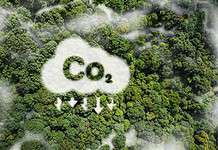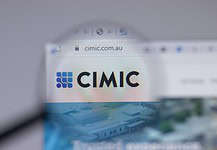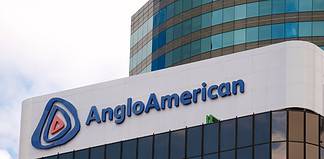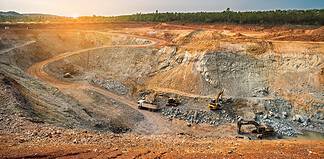Diversifying alumina supply chains in Gladstone, Queensland
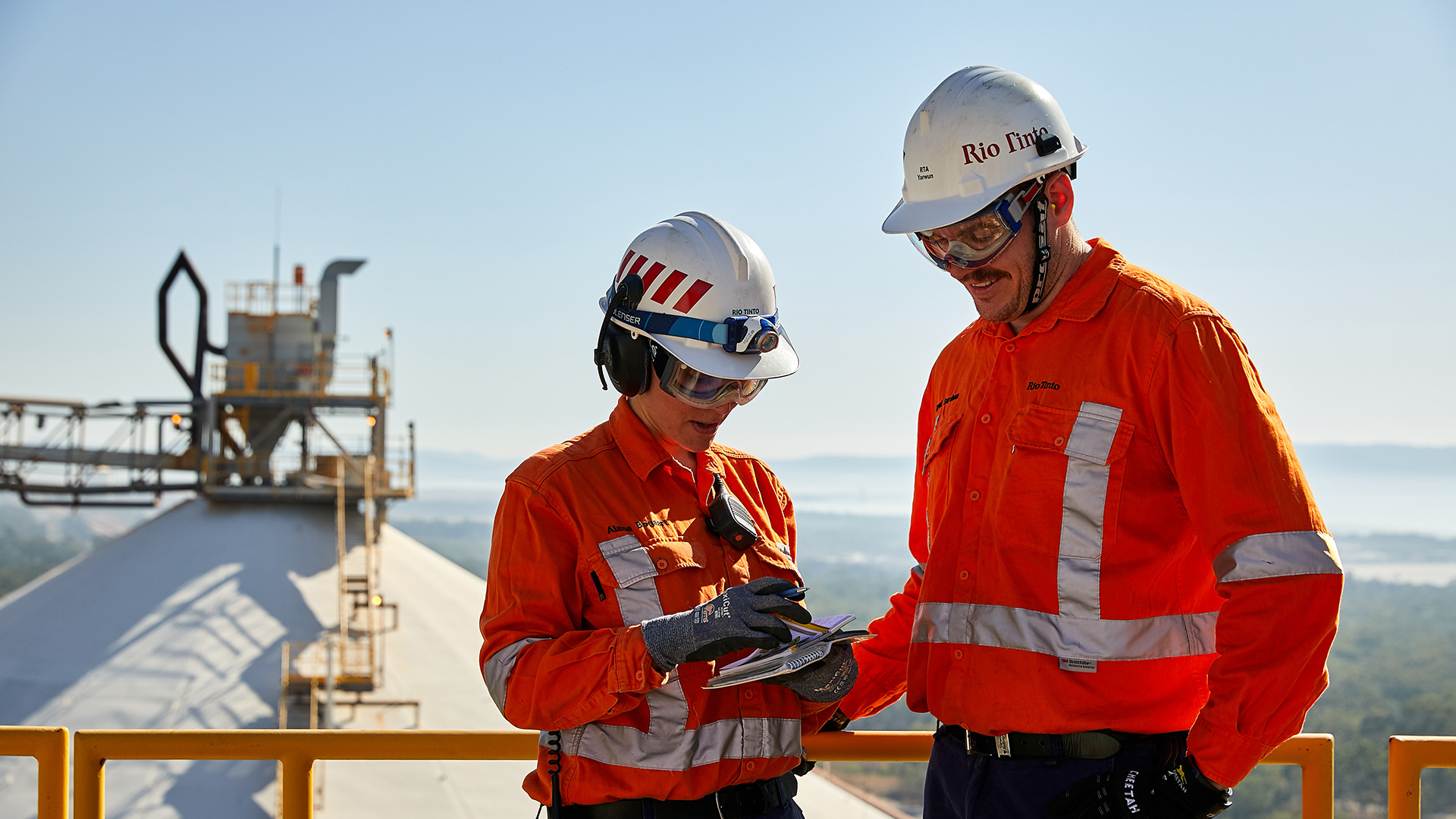
Rio Tinto and Sumitomo Corporation will build a first-of-a-kind hydrogen plant in Gladstone, Queensland, as part of a A$111.1m program aimed at lowering carbon emissions from the alumina refining process, it was announced yesterday.
This came on the same day the Queensland Government formally announced $21.7m in funding for Alpha HPA Limited’s second stage of HPA First Project, a $300m-plus high-purity alumina (HPA) facility in Gladstone.
The Rio Tinto-Sumitomo Yarwun Hydrogen Calcination Pilot Demonstration Program, where hydrated alumina is heated up to 1000 °C, received a $32.1m funding boost from the Federal Government’s Australian Renewable Energy Agency (ARENA).
Rio Tinto Aluminium Pacific operations managing director Armando Torres says the pilot plant is an important step in testing whether hydrogen can replace natural gas in Queensland alumina refineries.
“At Rio Tinto we have put the energy transition at the heart of our business strategy, and this is one of the ways we’re working towards decarbonising our operations,” he said.
Rio Tinto is committed to achieving net zero emissions by 2050 and has targets to reduce Scope 1 & 2 emissions by 50% by 2030 from 2018 levels.
Sumitomo Corporation Energy Innovation Initiative director Seiji Kitajima says the company is excited to be delivering this hydrogen project along with Rio Tinto and ARENA.
“Demonstrating real-world applications of hydrogen in industrial settings with motivated partners is essential to reducing carbon emissions and working toward our company’s vision of achieving carbon neutrality by 2050,” he said.
If successful, the program could pave the way for adoption of the technology at scale globally while contributing to Australia’s own emission reduction goals.
About The Project
The project will consist of construction of a 2.5MW on-site electrolyser to supply hydrogen to the Yarwun refinery and a retrofit of one of Yarwun’s four calciners so it can operate at times with a hydrogen burner.
The trial is expected to produce the equivalent of about 6,000tpa of alumina while reducing Yarwun’s carbon dioxide emissions by about 3,000tpa.
Converting the entire plant to green hydrogen could reduce emissions by 500,000tpa, which is the equivalent of taking about 109,000 internal combustion engine cars off the road.
Construction will start in 2024, with the hydrogen plant and calciner expected to be in operation by 2025.
Sumitomo Corporation will own and operate the electrolyser at Yarwun site and supply the hydrogen to Rio Tinto directly.
The electrolyser will have a production capacity of more than 250t of hydrogen annually.
This pilot plant follows the success of a $1.2m feasibility study co-funded by Rio Tinto and ARENA that was announced in 2021.
Alpha HPA $300m+ Gladstone Facility
Alpha HPA announced in early April this year it received up to $21.7m in funding from the Queensland Government’s Industry Partnership Program for the construction, commissioning and operation its second stage (full-scale) HPA First Project in Gladstone.
Yesterday, Queensland Acting Premier Steven Miles and Gladstone MP Glenn Butcher formally announced the funding while inspecting stage one of the project in on-site at its $300m-plus Gladstone facility, which is expected to create up to 117 jobs.
Acting Premier Miles says “investments like Alpha HPA’s are growing the State’s critical minerals processing capability and ensuring new industries have the materials to deliver safe, sustainable, high-performing products to market”.
The project is commercialising production of HPA and related HPA precursor products in Gladstone using Alpha HPA’s proprietary licenced solvent extraction and refining technology.
When the second stage is completed, Alpha’s low-carbon process technology will enable extraction and purification of aluminium from an industrial feedstock to produce 4N (>99.99% purity) alumina and 5N (>99.999% purity) aluminium salts for sale into high technology markets for products including LED lighting, lithium-ion batteries for electric vehicles, semiconductors, and consumer electronics.
Minister Butcher says the State Government is committed to a “clean, green future for Queensland” and “support(s) downstream value-adding and export opportunities in new industries such as battery manufacturing”.
Queensland’s Battery Industry Strategy, which is due to be released later this year, will focus on building diverse and sustainable supply chains.
Alpha HPA managing director Rimas Kairaitis says the company welcomes the State’s recognition of opportunities in the production and processing of critical minerals for new-economy products.


